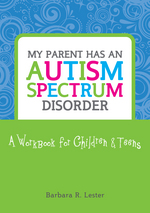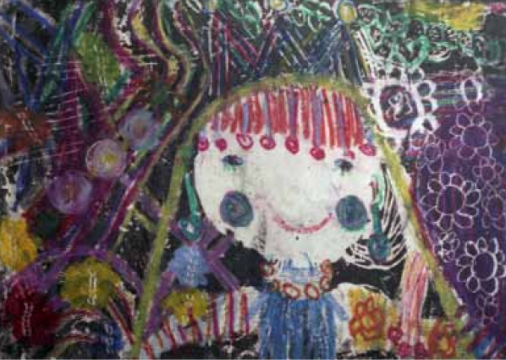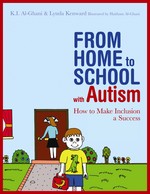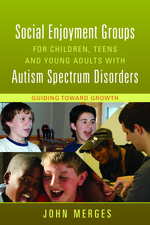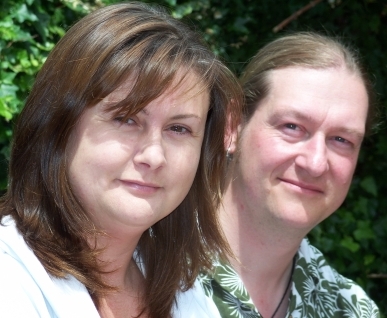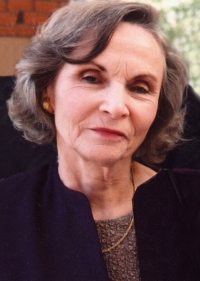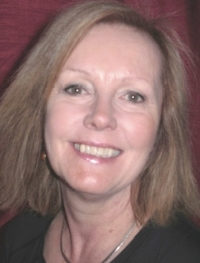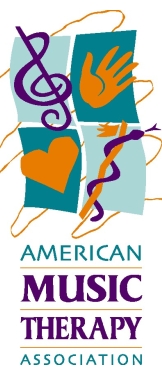My Parent has an Autism Spectrum Disorder: Barbara Lester talks about her new book for children and teens
“I always knew that my father seemed different from other fathers, but back then I didn’t know there was a name that described this difference or that there might be other people who had similar issues in their families. Once I realized that my father had an ASD, it helped me better understand and get along with him. I have found that over the past ten years there has been an exponential increase in the amount of information available to parents to help them understand their ASD children, but almost no information for children or teens to help them understand their ASD parents. I wrote this book to begin to fill that gap.”
